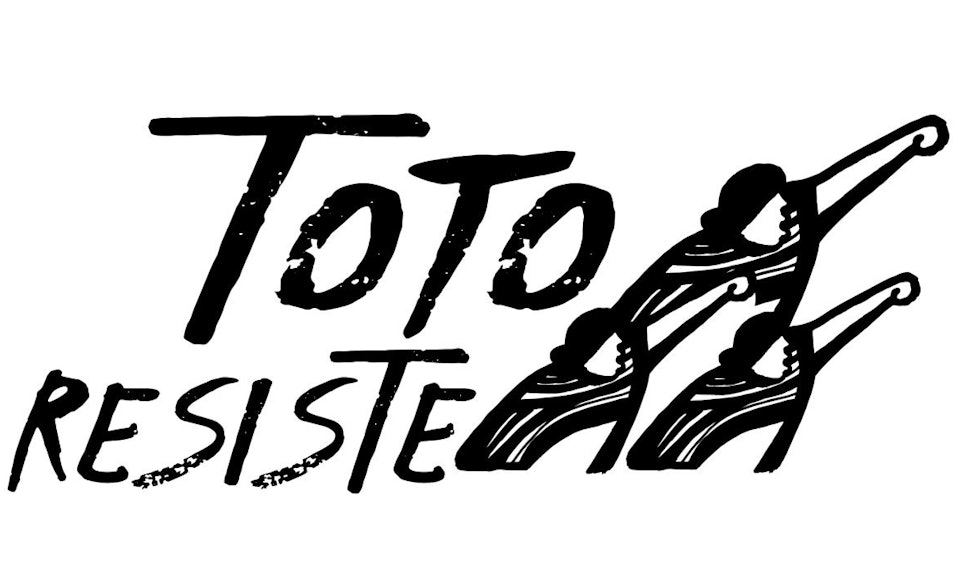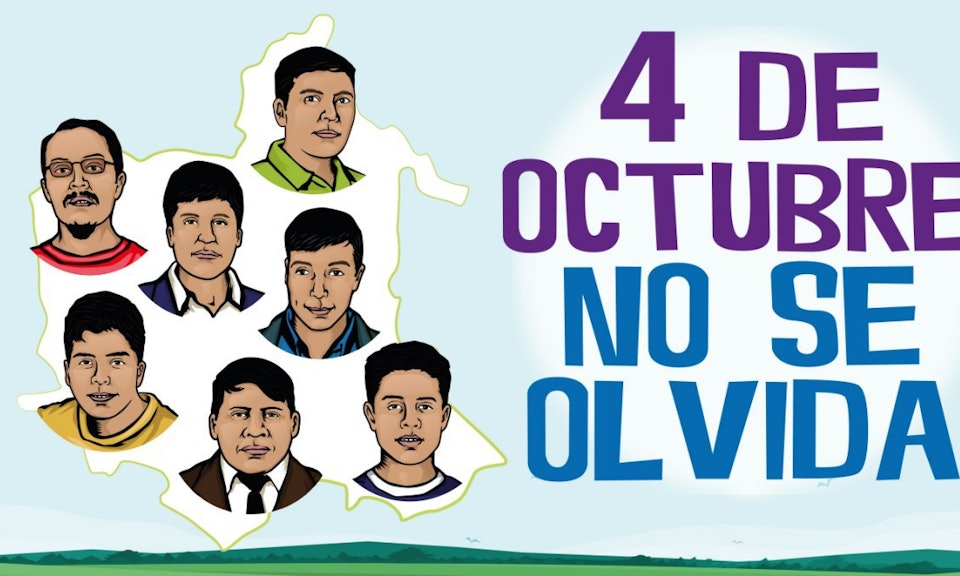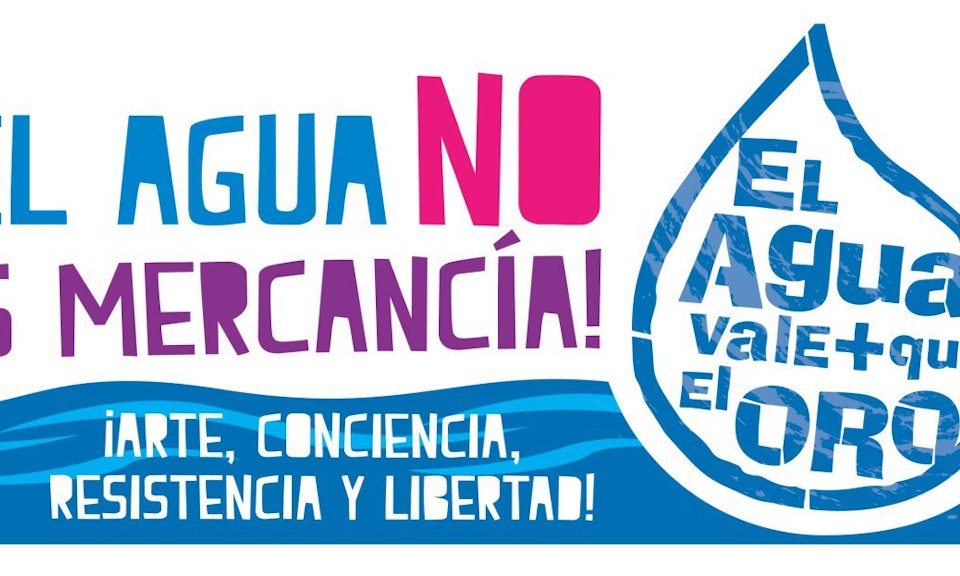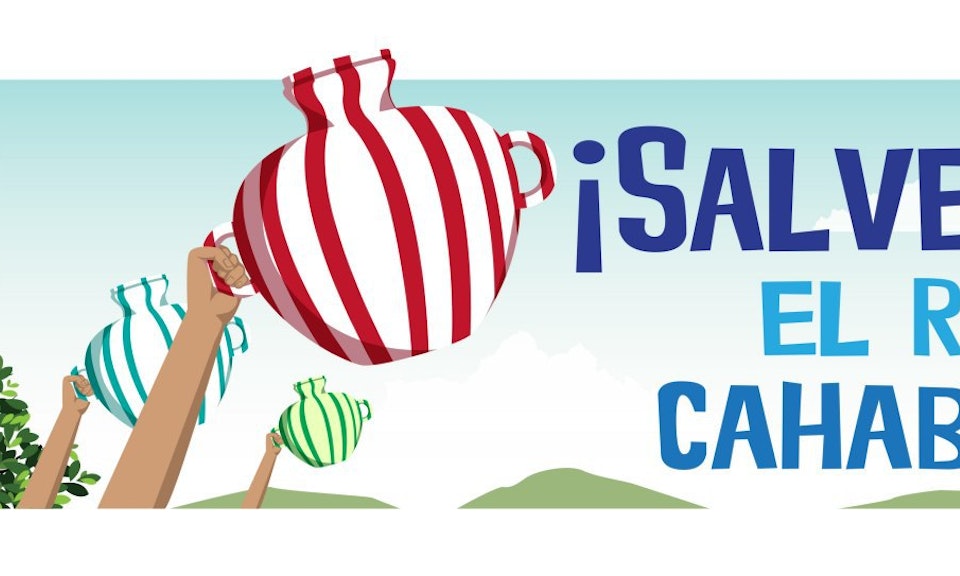Featured Organization
Festivales Solidarios
Guatemala
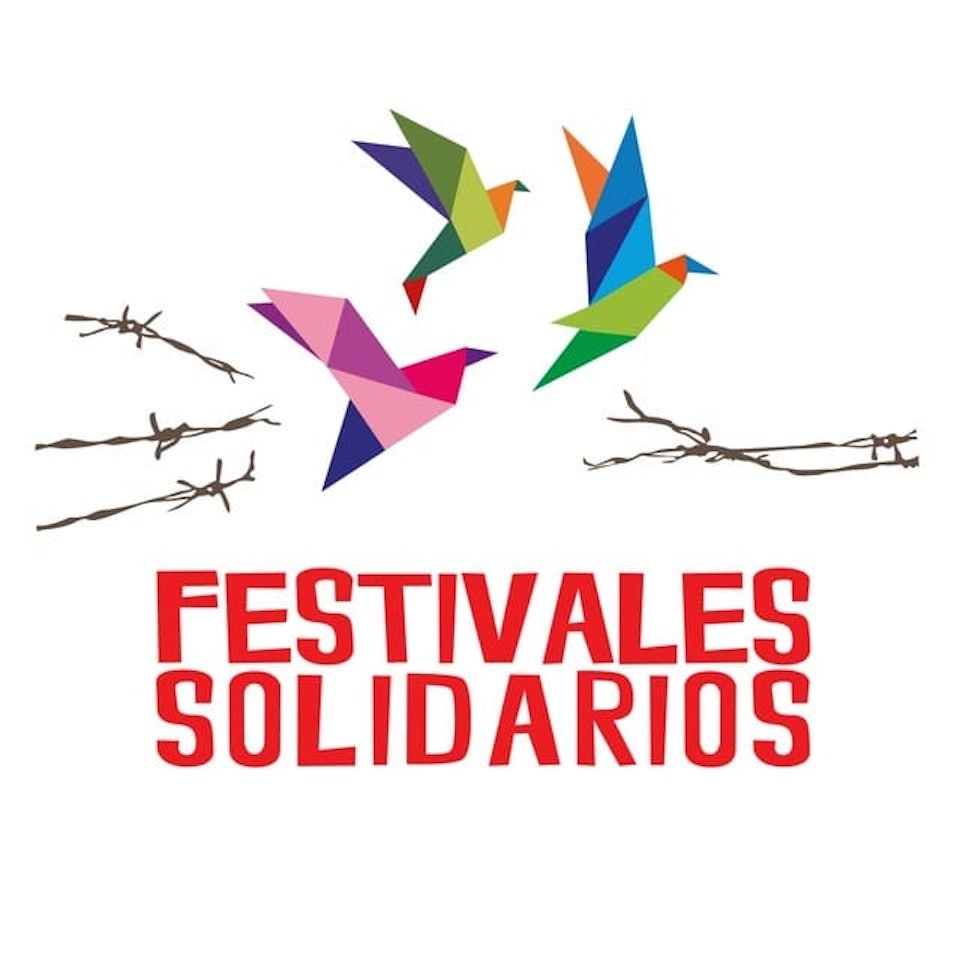
“If they give us bullets, we give them music and we give them poetry because we do not want to continue producing their violence, their colonial violence.” These are the words of Maya-Kʼiche’ and Guatemalan artist and activist Lucia Ixchiu, the co-founder of Festivales Solidarios, an artist collective that seeks to produce from a position of happiness and hope instead of hatred and despair in order to affect positive change and activism. For the members of Festivales Solidarios, “art is not only a tool for political denunciation or a tool for political action but also a collective tool for healing and transforming reality.”

The artist collective was formed in defense of student protestors arrested while denouncing the massacre of a peaceful protest, resulting in six dead and over 30 injured in the local indigenous community of Totonicapán in October 2012. Lucia Ixchiu, along with the other co-founders, conducted the first festival to raise funds for the 127,000 quetzales (20,000 USD) fine issued to the-then imprisoned student protestors. From this launchpad of support and solidarity for political prisoners, the collective expanded its scope, working with indigenous communities on territorial defense and historical memory. Within the unique sociocultural context of Guatemala and forms of extractivist and neocolonial practices forced upon local populations, Festivales Solidarios first collaborated in 2013 with la Puya, an anti-mining group based in San José del Golfo and San Pedro Ayampuc. Consisting of a diverse coalition of artists, journalists, political militants, and activists, Festivales Solidarios uses festivals, marches, workshops, and other artistic activities to decolonize art and promote the recuperation of public spaces.
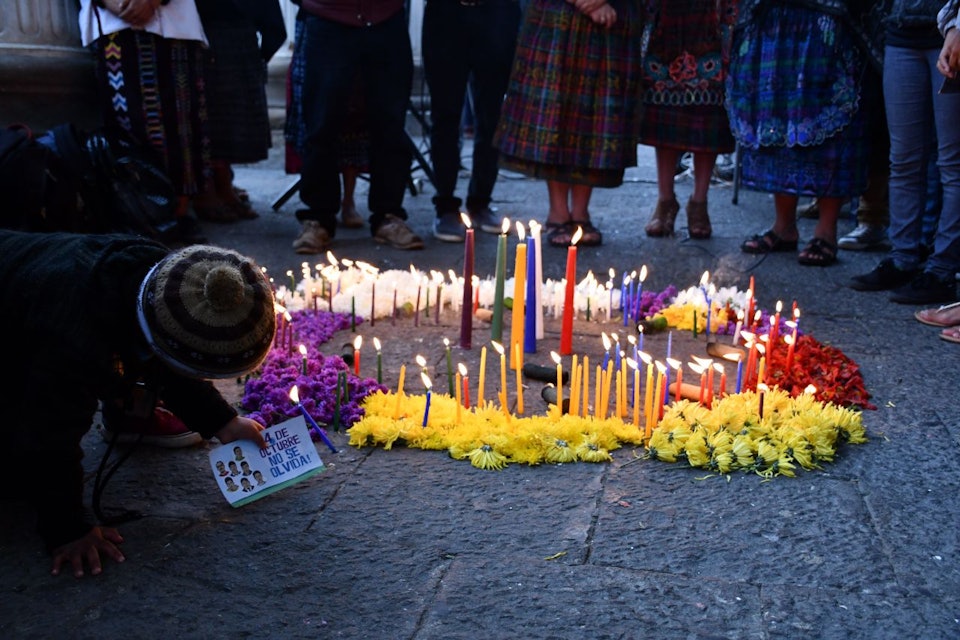
Beginning with three founders, Lucia Ixchiu, Carlos Cano and Javier, and Lucia’s sister Andrea Isabel, the collective has expanded to include nearly twenty members, including a host of collaborators and allies from Guatemala and abroad. Festivales Solidarios is a self-managed and self-critical art collective that creates open spaces for artistic and cultural production regardless of personal identity. As three members of the collective currently find themselves in exile, the grassroots and collaborative dynamics of Festivales Solidarios have allowed senior members to take over the direction of on-ground activities that the collective promotes.
In a conversation with ARC, Ixchiu explained the importance of self-critique and self-management for the collective. “I always say that self-management is idealized and romanticized by those who have not practiced it because we who have practiced it know how hard it is…I believe that criticism is fundamental and criticism is neither good nor bad -- it is criticism. I think that also in the country and in the social movements there is a lack of that criticism and self-criticism to recognize that it is good to evaluate and to rethink.”
This type of structure and leadership is adaptable and has allowed members to fill new roles and assume new responsibilities as circumstances evolve. For example, in October and November of 2021, the burning of houses by the government in the indigenous Maya-Kʼiche’ community of Chinebal, where Festivales Solidarios has worked for several years, became an issue of special importance for the collective. Through their collective structure and action, they quickly organized a campaign that involved painting murals and mounting a series of protest actions. The collective utilized the political power of art to denounce, speak, and raise awareness of abuses committed against local communities through a collaborative and grassroots approach.
The collective has also been vocal on the issue of violence against women, hosting #vivasnosqueremos, in March of 2020. The festival used art to bring awareness to the abuses committed against indigenous, black, trans, lesbian, and mestiza women, demanding safe public spaces for women and standing in solidarity with similar regional movements such as #niunamenos.

Through these festivals and artistic activities, the collective has been able to create art from a source of joy, rejecting the hate and suffering cast upon local communities. Ixchíu feels this “joy is also a way of vindicating the dignity we have as indigenous peoples. Because as indigenous peoples, we are joyful, we are multicolored, and in the midst of the dispossession of the colony of violence… this is why we vindicate art as a tool and is why Festivales Solidarios has been an open channel of denunciation for many resistance movements and indigenous peoples.”
As Ixchiu notes, “for us it becomes a collective necessity to fight for the freedom of other people because we cannot be free if there are people imprisoned at this moment. It’s because our freedom is collective, the freedom of humanity is collective, just as dignity is not a unipersonal matter, it is diverse, it is collective.”
While communities globally find themselves oppressed, marginalized, and silenced through actions of hate and violence, Festivales Solidarios presents a way to create from the margins, producing joy from misery and love from hate. Their use of local, community-based service and practice of self-management and self-critique work challenge the organization to do better in every activity it hosts. This constant challenge from the collective, Ixchiu reflects, has meant being “in constant invention, in constant movement, so we are always in a constant creation of ideas, of openness, of dialogues, of a lot of things.” In doing so, Festivales Solidarios challenges itself to adapt through art and performance to confront the numerous issues that affect local communities, proposing a form of organizing and artivism that turns destruction into creation, fights hegemonic discourse, and makes visible the stories of artists who are ready to change the world.
By Jake Neuberger, June 2022. Jake recently graduated from the George Washington University, majoring in Political Science and International Affairs with minors in Spanish and Sociocultural Anthropology.
